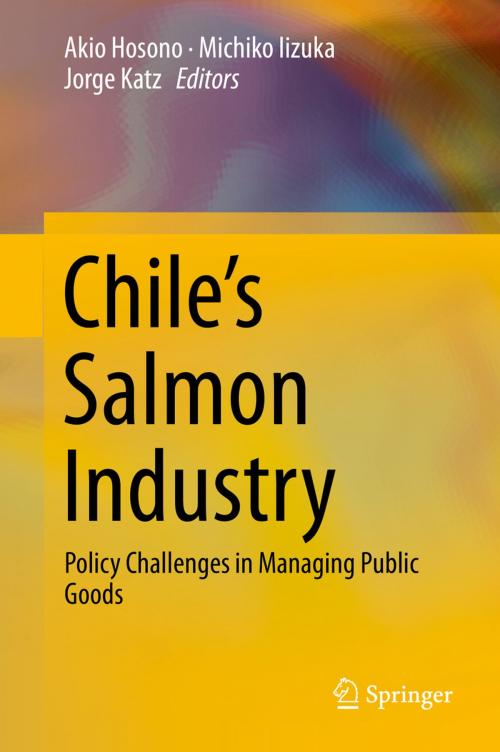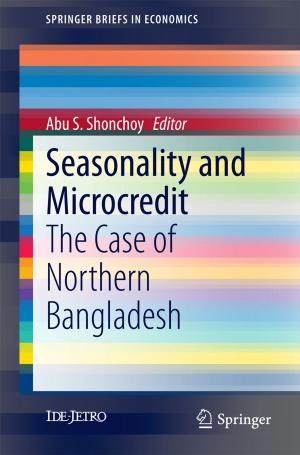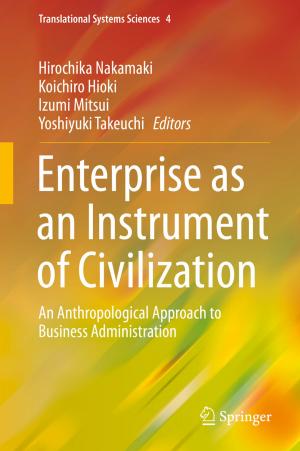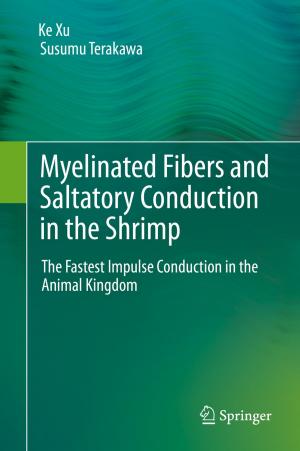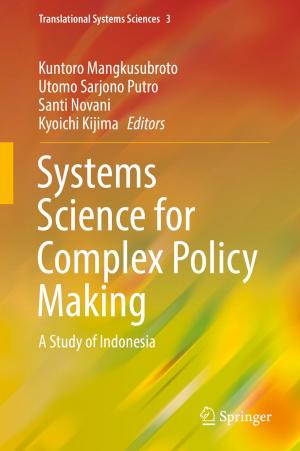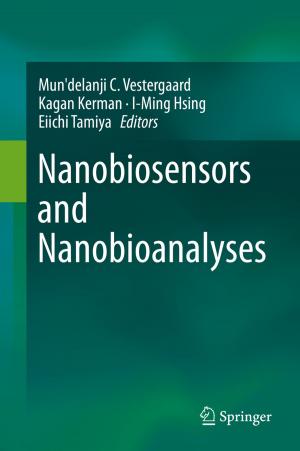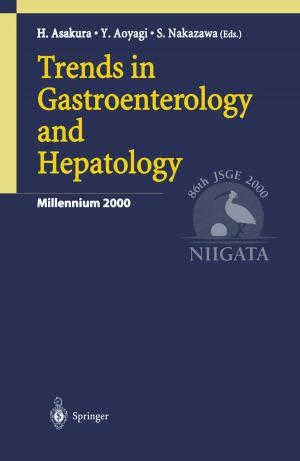Chile’s Salmon Industry
Policy Challenges in Managing Public Goods
Business & Finance, Economics, International Economics, Industries & Professions, Industries| Author: | ISBN: | 9784431557661 | |
| Publisher: | Springer Japan | Publication: | April 15, 2016 |
| Imprint: | Springer | Language: | English |
| Author: | |
| ISBN: | 9784431557661 |
| Publisher: | Springer Japan |
| Publication: | April 15, 2016 |
| Imprint: | Springer |
| Language: | English |
This book is the first to analyze Chile’s salmon farming industry in discussing industrial development in terms of the management of public goods. The book highlights important aspects of learning and capacity development, environmental sustainability, institutions, and social welfare or inclusiveness.
With aquaculture now providing almost half the global fish harvest, Chile’s salmon farming and processing industry stands out as a leader in the new “blue revolution”. Taking a holistic, historic approach to understanding the evolutionary development of the industry, the authors employ this strategy in the belief that policy discussions of economic activities have become highly segmented and often provide only a partial picture. Such segmentation
is problematic for policy studies based on a complex web of interactions among numerous agents. The present volume untangles this web by considering the development of the Chilean salmon industry not only in holistic and historic terms but also from a socioeconomic point of view.
The valuable book offers insightful lessons that can be applied to other natural resource-based sectors facing similar
challenges in the course of development.
Normal 0 false false false EN-US JA X-NONE /* Style Definitions */ table.MsoNormalTable {mso-style-name:標準の表; mso-tstyle-rowband-size:0; mso-tstyle-colband-size:0; mso-style-noshow:yes; mso-style-priority:99; mso-style-parent:""; mso-padding-alt:0cm 5.4pt 0cm 5.4pt; mso-para-margin-top:0cm; mso-para-margin-right:0cm; mso-para-margin-bottom:10.0pt; mso-para-margin-left:0cm; line-height:115%; mso-pagination:widow-orphan; font-size:11.0pt; font-family:"Calibri","sans-serif"; mso-ascii-font-family:Calibri; mso-ascii-theme-font:minor-latin; mso-hansi-font-family:Calibri; mso-hansi-theme-font:minor-latin;}
This book is the first to analyze Chile’s salmon farming industry in discussing industrial development in terms of the management of public goods. The book highlights important aspects of learning and capacity development, environmental sustainability, institutions, and social welfare or inclusiveness.
With aquaculture now providing almost half the global fish harvest, Chile’s salmon farming and processing industry stands out as a leader in the new “blue revolution”. Taking a holistic, historic approach to understanding the evolutionary development of the industry, the authors employ this strategy in the belief that policy discussions of economic activities have become highly segmented and often provide only a partial picture. Such segmentation
is problematic for policy studies based on a complex web of interactions among numerous agents. The present volume untangles this web by considering the development of the Chilean salmon industry not only in holistic and historic terms but also from a socioeconomic point of view.
The valuable book offers insightful lessons that can be applied to other natural resource-based sectors facing similar
challenges in the course of development.
Normal 0 false false false EN-US JA X-NONE /* Style Definitions */ table.MsoNormalTable {mso-style-name:標準の表; mso-tstyle-rowband-size:0; mso-tstyle-colband-size:0; mso-style-noshow:yes; mso-style-priority:99; mso-style-parent:""; mso-padding-alt:0cm 5.4pt 0cm 5.4pt; mso-para-margin-top:0cm; mso-para-margin-right:0cm; mso-para-margin-bottom:10.0pt; mso-para-margin-left:0cm; line-height:115%; mso-pagination:widow-orphan; font-size:11.0pt; font-family:"Calibri","sans-serif"; mso-ascii-font-family:Calibri; mso-ascii-theme-font:minor-latin; mso-hansi-font-family:Calibri; mso-hansi-theme-font:minor-latin;}
